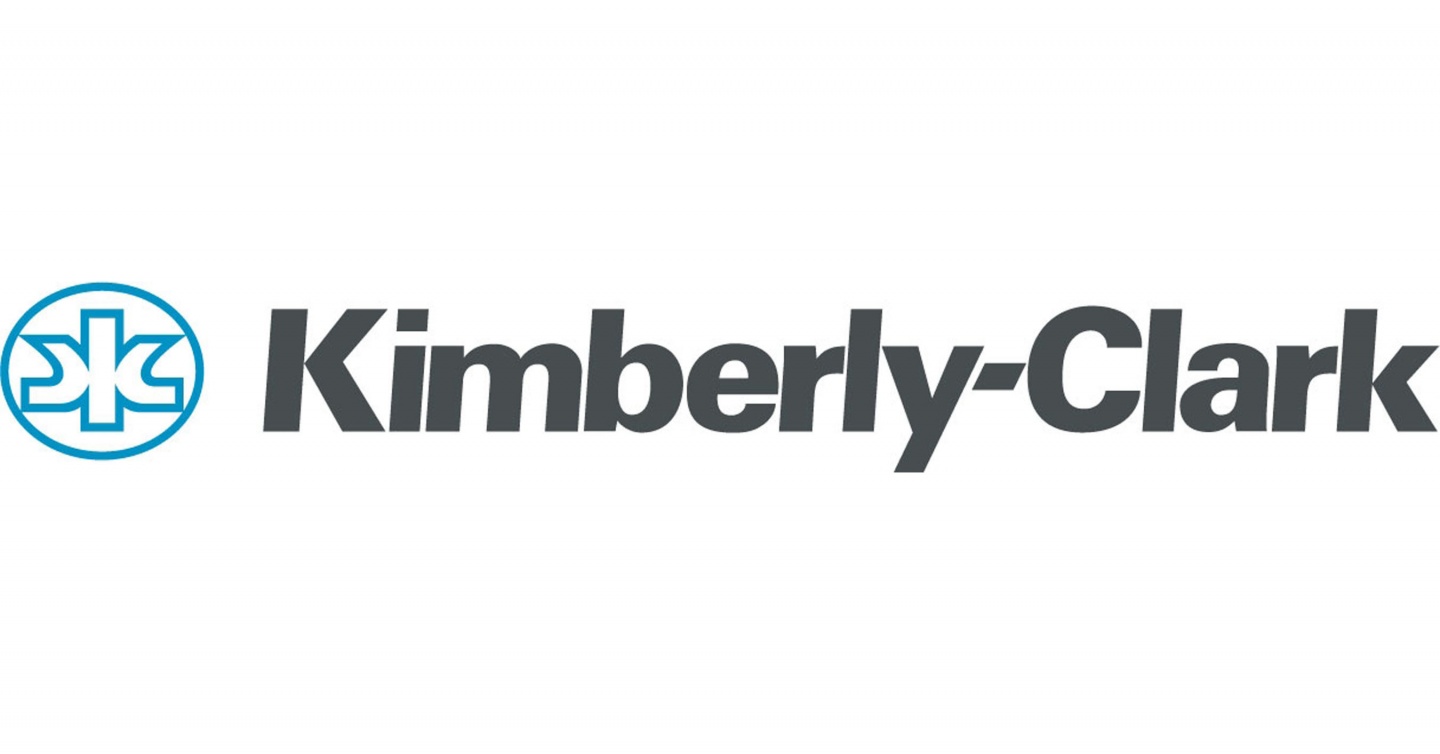31 January, 2018The US-based multinational personal care company unilaterally announced a massive cut of 5,000 to 5,500 jobs on 23 January. The cut of 12% of the global workforce will mostly come through closing 10 of Kimberly-Clark’s 91 factories. Which 10 factories has not been announced.
The announced job cuts will have a devastating impact beyond the 5,000 women and men set to lose their employment. The paper industry is said to create five indirect jobs for each job in a paper mill, meaning that the potential economic harm of this announcement can affect tens of thousands of families.
Despite the high union density of Kimberly-Clark’s global workforce, and an official relationship with the international union movement, there was no prior consultation with worker representatives before the decision was made and announced.
Two global trade unions, IndustriALL and UNI have national union affiliates representing Kimberly-Clark workers all over the world. When business pressures require cost savings, unions can always contribute to finding solutions and efficiency savings. Mass slashing of jobs hurts workers, their communities, and the brand.
Kimberly-Clark unions reiterate the urgent need for serious consultation with their partners who are critical in the success of the operation. The two global unions and their affiliates call on Kimberly-Clark to pause the restructuring process in order for this consultation to take place.
On top of this general principle, under several affected countries’ labour legislation Kimberly-Clark is failing to recognize their contractual and legislative obligations and requirements to consult.
Kimberly-Clark products such as Huggies diapers and Kleenex tissues are used by nearly a quarter of the world’s population. Kimberly-Clark and its competitors are affected by retailers pushing prices down and consumers increasingly shopping on Amazon. Profits are down slightly, however Kimberly-Clark’s operating profit for 2017 was around US$3.3 billion.
Kimberly-Clark CEO Thomas J. Falk was reportedly paid a total of over US$13 million in 2017. The cost of the mass restructuring will be in part covered by savings made under Donald Trump’s corporate tax cuts.
The restructuring aims to achieve over half a billion US dollars in savings for the company by year 2021. Significant reinvestment is planned for some factories. However, that reinvestment is expected to focus on improving capacity for digital production, which may again be bad news for workers.
